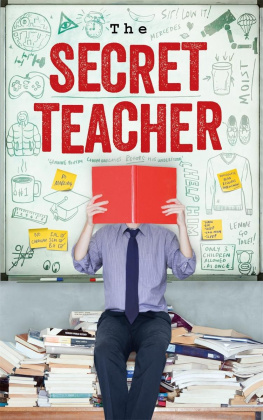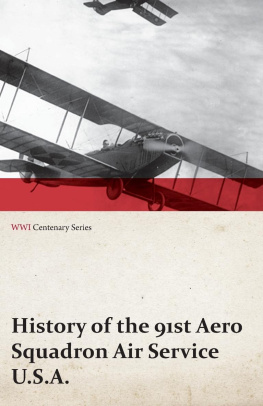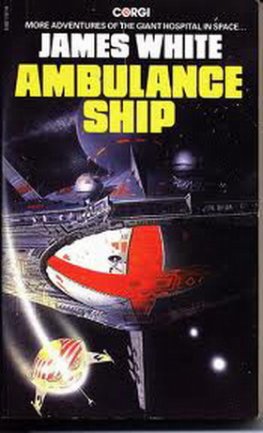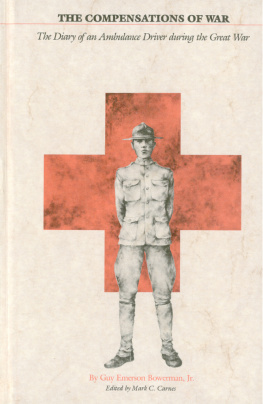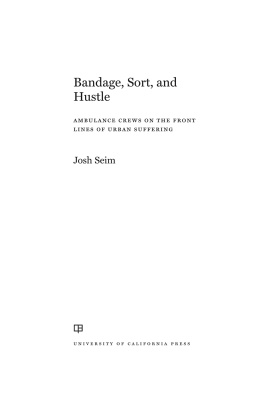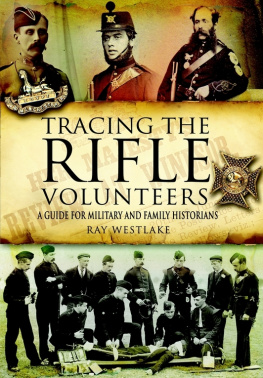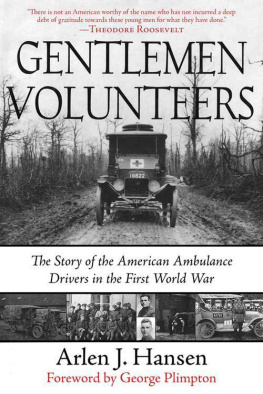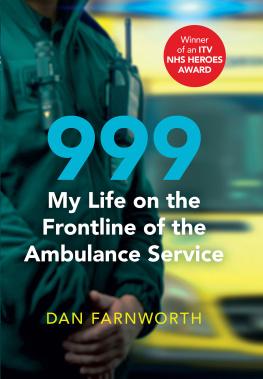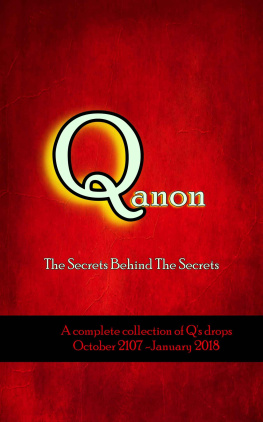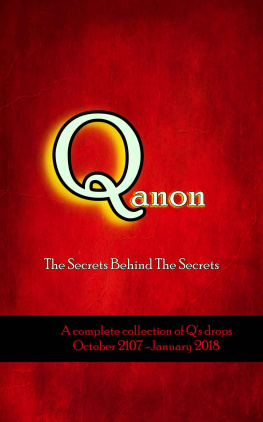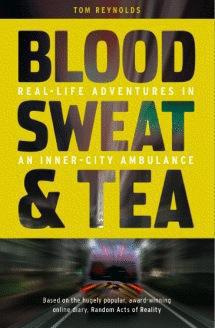
This edition is published by PICKLE PARTNERS PUBLISHING www.picklepartnerspublishing.com
To join our mailing list for new titles or for issues with our books picklepublishing@gmail.com
Or on Facebook
Text originally published in 1916 under the same title.
Pickle Partners Publishing 2013, all rights reserved. No part of this publication may be reproduced, stored in a retrieval system or transmitted by any means, electrical, mechanical or otherwise without the written permission of the copyright holder.
Publishers Note
Although in most cases we have retained the Authors original spelling and grammar to authentically reproduce the work of the Author and the original intent of such material, some additional notes and clarifications have been added for the modern readers benefit.
We have also made every effort to include all maps and illustrations of the original edition the limitations of formatting do not allow of including larger maps, we will upload as many of these maps as possible.
THE HARVARD VOLUNTEERS IN EUROPE PERSONAL RECORDS OF EXPERIENCE IN MILITARY, AMBULANCE, AND HOSPITAL SERVICE
EDITED BY
M. A. DEWOLFE HOWE
TABLE OF CONTENTS
Contents
TABLE OF CONTENTS
REQUEST FROM THE PUBLISHER
THE VOLUNTEERS
From fields of toil and fields of play,
Wherever surged the game of life,
All eager for the mightier fray,
They sped them to the clashing strife
To fight the fight, to heal the hurt,
To sail the chartless tracts of air,
Eyes forward, head and heart alert,
To pay their undemanded share.
For so their Ancient Mother taught,
And so they learned it at her knee
Where mercy, peril, death are wrought,
There, in the tuck of things, to be.
And thus they wage, with every nerve,
The great days work nor that alone,
But, neath what flag soeer they serve,
Brighten the colors of their own.
PREFATORY
AT the outbreak of the European war, during the season of summer travel in 1914, many Harvard men were in Europe. Not a few of them were attached to the United States embassies and legations in the various capitals. The business of these offices immediately became pressing in the extreme. The labors of those officially connected with them were shared at once by volunteersthe first of the Harvard fellowship to offer a helping hand where it was needed in the sudden disorganization of an orderly world. The call to the colors of the various warring nations quickly drew into the conflict those who owed allegiance to one or another flag. In military service, such as that of the Foreign Legion and Flying Corps of the French Army, others have expressed the allegiance of sympathy if not of birth. But it has been in the organization of hospital service and in the work of ambulance corps engaged in the dangerous task of bringing wounded men with all possible speed to the ministrations of surgeons and nurses that Harvard has had by far the largest numerical representation. In hospital work it has been even an official representation, for the Surgical Units sent in the spring of 1915 to the American Ambulance Hospital in Paris, and in the summer of the same year to equip a British military hospital in Francea service undertaken originally for three months, but continued until the present timewere Units bearing the name and sanction of the University, through its Medical School. From the Medical School also Professor Strong was detached for his service of world-wide importance in combatting, successfully, the plague of typhus in Servia.
At the end of this volume a list of the Harvard men who have participated in various forms of service, in Europe, in connection with the Wara list for which it is impossible to claim completenessis printed. It would doubtless be longer if our own affairs on the Mexican border in the summer of 1916 had not drawn thither many young Harvard men of the type chiefly represented among the ambulance drivers in France. A list of those, young and old, who have identified themselves, to notable purpose, with relief work in America would be quite unwieldy in its proportions.
Of the more than four hundred men recorded as rendering their personal services in Europe, all but four have helped the cause of the Allies. From this fact it is not fair to draw the overwhelming conclusion that is most obvious. The Harvard Medical School is known to have been ready to undertake the organization of a Surgical Unit for service in Germany, in the event of the German government asking for it as the British government asked for the Unit maintained in France. That Harvard men of German birth and sympathies, led by a spirit of idealism and loyalty, would have given their services to Germany if access to the Teutonic countries had been possible, there can be no doubt.
It is, however, with those who have served, or are serving, in Europe that this volume must deal. From them have proceeded innumerable letters, diaries, and other records, a few of which have been available for the present purpose. The passages here brought together will be found to illustrate both the wide variety of the work in which Harvard men have been engaged and the zeal they have brought to its performance. It is a matter of regret that, although letters from the German side have been desired and definitely sought, they have not been obtainable. But the collection now offered does not aim at completeness. That must await the end of the War, and a scheme of encyclopedic dimensions. Meanwhile the following pages may contribute something to a knowledge of what has been going on in Europe, and of the part that Harvard men have played in it.
BOSTON, October, 1916.
EARLY IN BELGIUM Francis T. Colby, 05.
ONE of the first agencies of American aid to the sufferers from the European War was the American Ambulance Hospital in Paris. Its flying ambulance corps of motor ambulances was in active service by the autumn of 1914. Harvard graduatesincluding R. H. Post, 91, J. S. Cochran, 00, Richard Lawrence, 02, C. T. Lovering, Jr., 02, O. D. Filley, 06, E. C. Cowdin, 2d, 09, and Lovering Hill, 10were among the first volunteer drivers of these ambulances. Still another was Francis T. Colby, 05, commanding a section of the American Hospital Ambulance Corps, from whose letters to his family the following passages illustrate conditions in Belgium while the German invasion was still in its earlier stages.
Later in the War Colby was made a lieutenant in the Belgian Army, replaced the American volunteers in the motor service under his direction by soldiers, and maintained this service on an individual basis.
COLONNE DAMBULANCE, 1re DIVISION, CAVALERIE BELGE, December 19, 1914. {1}
WE left Paris on December 7, loaded with every pound we could carry in relief gifts to the Belgian refugees, given by Mrs. H. P. Whitney. We carried two carloads of sweaters, one carload of underclothes, one carload of chocolate and socks, and one car loaded with all the fixings and necessaries for an operating room, given by Mr. Bacon. Altogether it was a splendid freight of American gifts, and I never felt like so real a Santa Claus before.
I have six cars all told.
One 20-horsepower Daimler, and supply car for this; food and spare tires.



